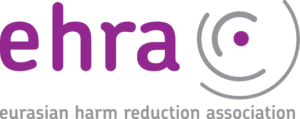The European Commission launched a consultation to gather stakeholders’ feedback on the EU Drugs Strategy 2013-2020 and the EU Action Plan on Drugs 2017-2020, as they are approaching the end of their cycle.
The consultation addresses all main policy areas of the Drugs Strategy, including drug demand and drug supply reduction and three cross-cutting themes, namely coordination, international cooperation and information, research and evaluation. Similar to the entire evaluation exercise, the consultation looks at the effectiveness, efficiency, relevance and coherence of the actions undertaken to cover the areas mentioned, as well as at the achieved EU added value.
The Commission seeks to gather input from a broad range of stakeholders, including public authorities and administrations at national, regional and local levels including customs and law enforcement, academia, anti-drugs and health related civil society and non-governmental organisations, chemical and medical industry representatives, practitioners involved in the drugs or health policy fields and private individuals. Anyone affected by illicit drug use is especially welcome to respond to this public consultation.
You can contribute to this consultation by filling in the online questionnaire. Questionnaires are available in some or all official EU languages. You can submit your responses in any official EU language.
The final results of the evaluation will be used by the European Commission, the European Parliament, the Council and Member States in the future decision-making process regarding drug policy.
To get more information and contribute to the consultations, please follow this link>>>



 In the framework of project “New Psychoactive Substance Use in Kazakhstan, Kyrgyzstan, Georgia and Serbia” Eurasian Harm Reduction Association (
In the framework of project “New Psychoactive Substance Use in Kazakhstan, Kyrgyzstan, Georgia and Serbia” Eurasian Harm Reduction Association (



